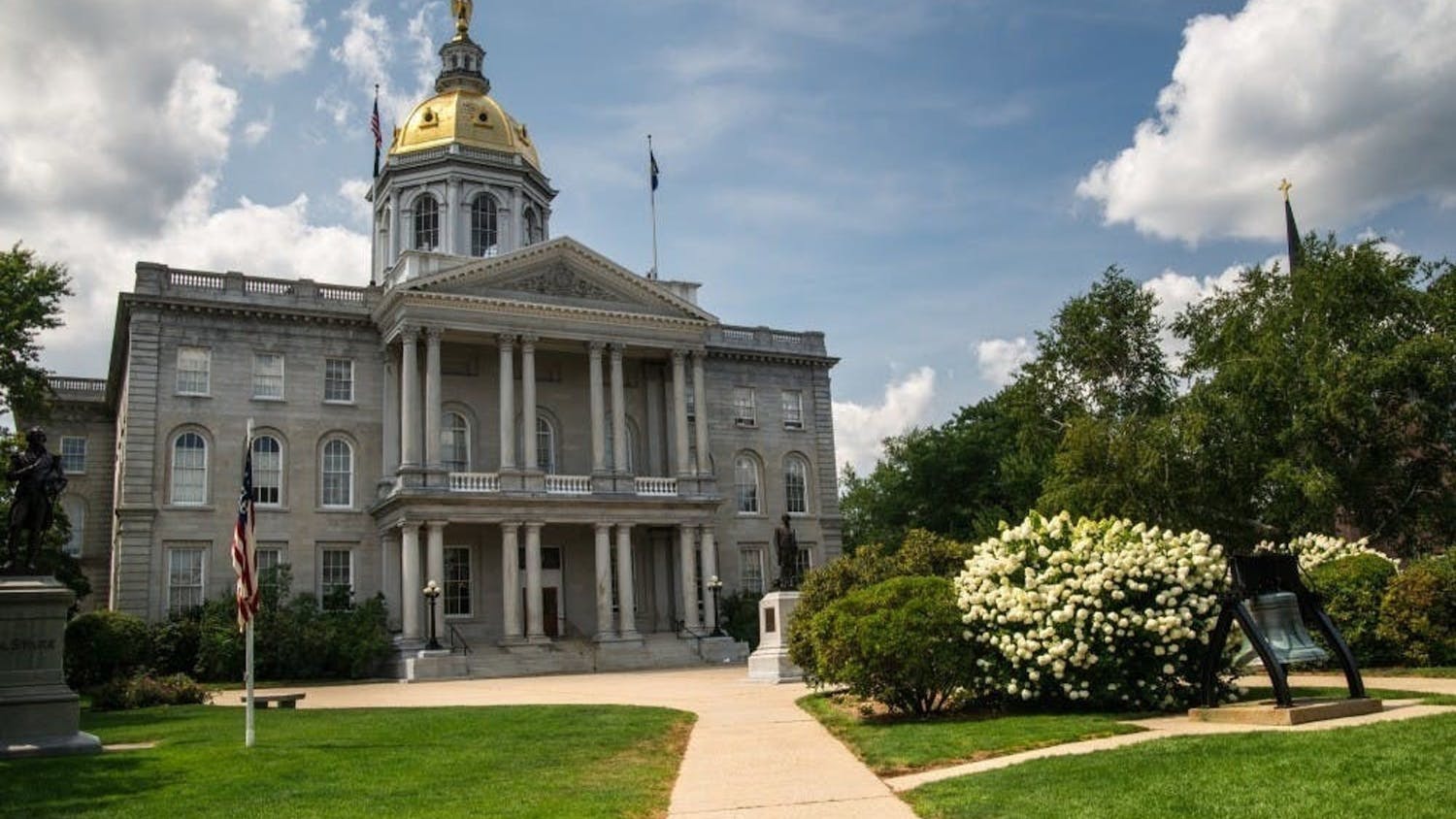The Senate Task Force on Federal Regulation of Higher Education presented a report to Sen. Lamar Alexander, R-Tenn., on Thursday that suggests streamlining existing regulations on American colleges and universities by simplifying and removing burdensome policies.
The task force was formed in Nov. 2013 by Alexander, Sen. Richard Burr, R-NC, Sen. Barbara Mikulski, D-MD and Sen. Michael Bennet, D-Colo. The report criticizes the volume of federal guidelines surrounding higher education and states that the U.S. Department of Education produces an average of more than one new regulation every business day of the year. Further, the reported cited data from the Mercatus Center at George Mason University which finds that from 1997 to 2012, the number of federal requirements for colleges and universities increased by 56 percent.
Some of the recommendations in the task force’s report include cutting the requirement that colleges provide students with voter registration documentation and easing the rule that makes colleges regulate illegal file sharing. It also called for the elimination of the requirement that colleges celebrate Constitution Day and that they report foreign gifts they receive and publicize their vaccination policies. In short, the report called the sum of the regulations it attacks a “jungle of red tape.”
Dartmouth associate general counsel Kevin O’Leary said that the report will only have an impact during the next period of authorization of the Higher Education Act. This reauthorization could occur during the 114th session of Congress.
“The position of the report writers is that there are problems with existing regulations that they’re going to try to change with the next authorization of the Higher Education Act,” he said. “I would say some of the concerns that were identified in the report are concerns that we have identified and that other colleagues of ours have identified.”
Government professor Joseph Bafumi expressed his approval of the efforts made by the task force, saying that the suggested reforms would be beneficial for higher education institutions.
“I think what they’re trying to do is get rid of the extraneous and useless stuff and only focus on regulations that are clear, that are relevant and that really make a difference to create better universities and colleges,” he said. “It seems like a really good idea.”
He added that the entangled nature of the regulations targeted by the task force are a natural product of the passage of time when it comes to legislation, and said that a periodic readjustment is necessary to ensure that all of the regulations remain clear and functional.
“I’ve thought more largely about the issue of regulations in the federal government, and the government can be very large and burdensome in terms of the regulations it places on entities,” Bafumi said. “Over time the number of recommendations and the complexity of these recommendations grows, so every once in a while people at the federal level, representatives and senators, have to take a step back and say, ‘What’s really important here, what makes a difference and what’s just extraneous?’”
The report also suggests colleges shrink the area for which they gather crime data. It also suggests giving colleges more flexibility on when they are required to report events that may pose a threat to campus security.
Executive director of advocacy group SurvJustice Laura Dunn expressed concern about how little space the report devotes to addressing campus security.
“The report is vastly focused on other issues and only devotes one to two pages to campus safety issues,” Dunn said. “I actually think any deregulation would have a negative effect on campus safety. The whole reason we have regulations is because there’s been a lack of transparency on college campuses — the Clery Act passed in 1990 was meant to stop routine practices of campuses not having the perfect safety measures and when incidents of violence came up just sweeping it under the rug.”
O’Leary said that the issues identified in the report are important areas that require remedy, but that the likelihood of implementing the suggested fixes remains uncertain.
“The parts that I’ve read seem to identify some of the problems that people have been talking about for a little while, and it would be good if in the next session of Congress those problems could be addressed,” he said. “I think it’s hard to predict how much of it will get implemented. With the Republicans in control of the House and the Senate, it has a higher likelihood of being implemented than it would otherwise, but it’s hard to know whether or not there will be enough support.”



